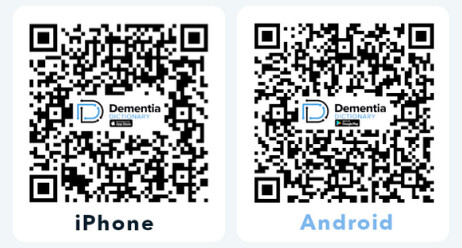Have you ever thought about the importance of having the ability of speech and communication?
On average, a baby takes 12-18 months to start talking verbally but has been communicating with the parents since birth. Their crying, body movements and facial movements are all methods of the baby trying to tell you what they want and all without being able to speak.
How would you feel if you suddenly lost the ability to talk, have a conversation or be able to tell people what you need? What would you do? Convert to writing? Using body language? Make noises? Or simply withdrawer into you own world?
What emotions would you experience? Anger? Frustration? Anxiety? Fear? Loneliness?
If you truly were to sit and think about this, you may start to realise how terrifying this experience would be, and for people that have dementia, this is their reality, their future, their life.
The Dementia Dictionary is 100% free and built to start to translate this ‘Language of Dementia’. This is a universal language that is naturally formed and used by people that have lost the capacity to speak as they always have. Working together, we aim to understand this language, re-connect with the people we love and support and make that journey of dementia as beautiful as possible.




